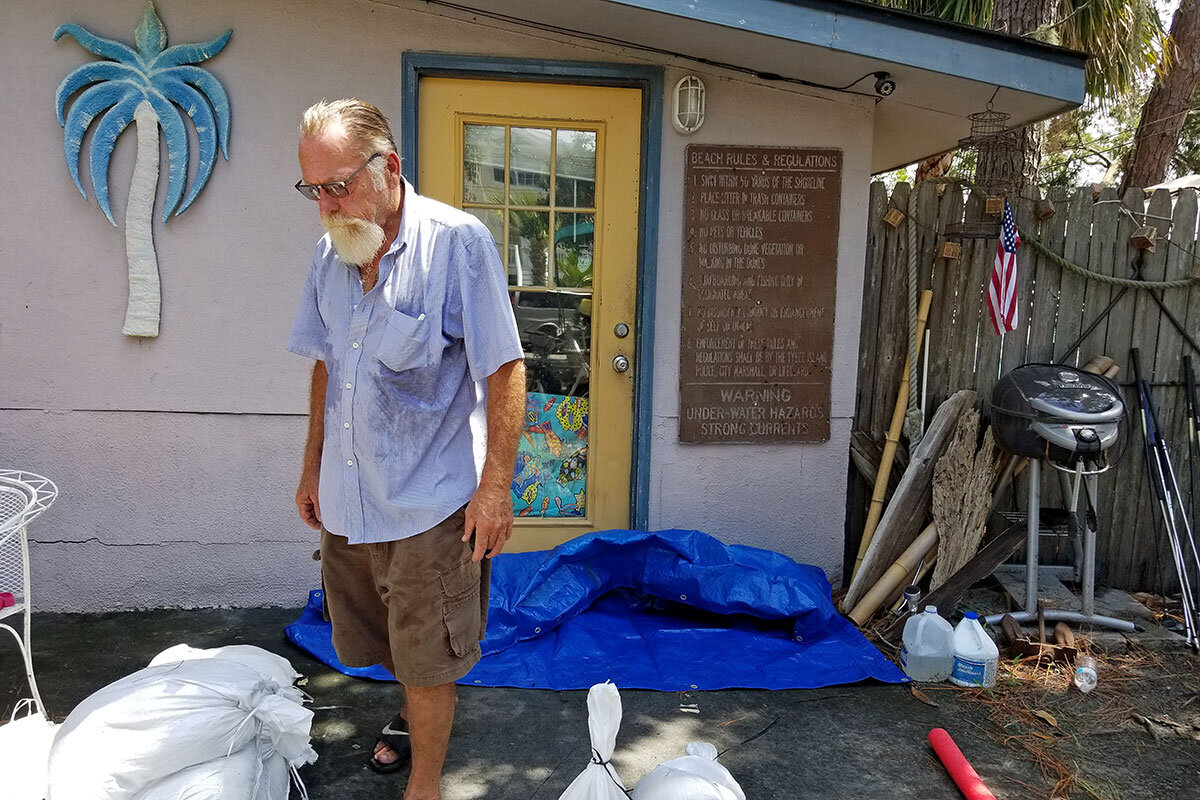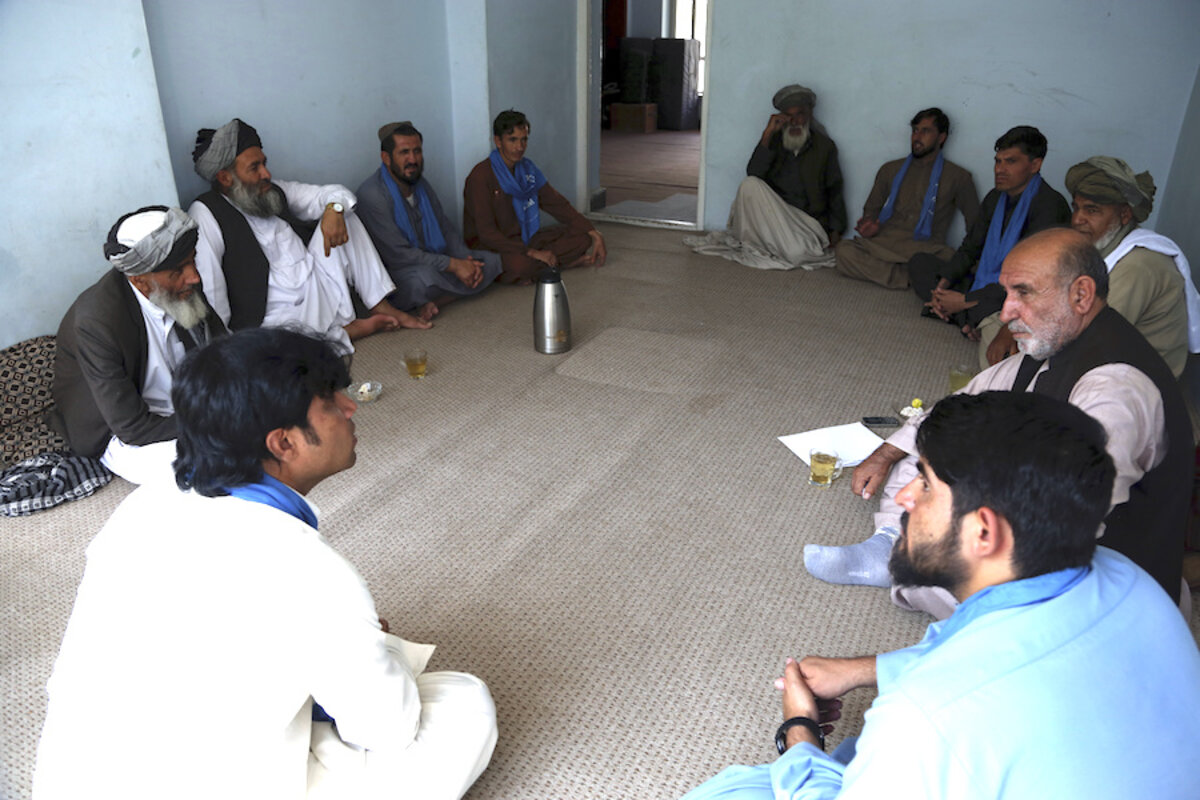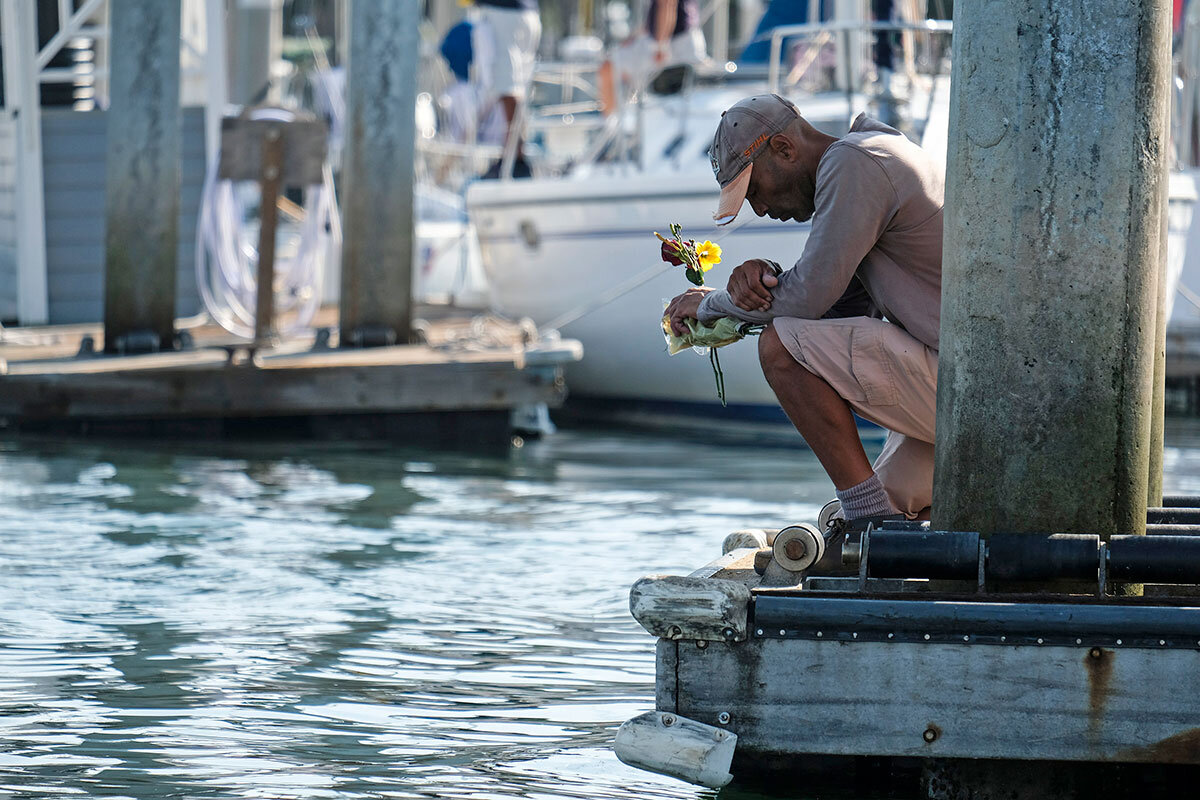In the past two years, the people of Afghanistan have signaled in various ways – such as peace marches – their longing to end 18 years of terror and conflict. It is one reason why, as talks between the United States and Taliban have reached an agreement “in principle,” the prospects for peace have never been higher.
Among many Afghans, the crucial hope is that a U.S.-Taliban agreement will lead to direct talks between the Taliban and the elected government in Kabul. That step has many obstacles. It will, for example, require leaders from across the Afghan political spectrum to be consulted on key issues to achieve common ground. In addition, Afghanistan’s neighbors, especially Pakistan, must support peace rather than meddle in the country for their own interests.
Any peace must be built from the bottom up in a society that has evolved since a U.S.-led invasion ousted the Taliban in 2001 and diminished the Al Qaeda presence that led to the 9/11 attacks. Democracy in the country, though flawed, has become more representative, and millions have benefited from improvements in education and other opportunities.
Afghan society was suffering from internal strife long before the Taliban came to power in the 1990s. Yet since 2001, many reforms have prepared people to actively seek an end to the fighting. One example of Afghans working together is a rise in so-called peace clubs and related programs.
Two expected outcomes of a U.S.-Taliban deal are a gradual withdrawal of U.S. troops and an end to Taliban cooperation with international terrorist groups, such as Al Qaeda and a local branch of Islamic State. Both outcomes are essential to U.S. interests. Yet they must be initial steps leading to Afghan-to-Afghan negotiations.
Non-Taliban Afghans are very worried the U.S. is too eager to withdraw and may concede too much to the Taliban. They want a timetable for an American troop withdrawal tied to success in intra-Afghan negotiations. Otherwise, the Taliban would have a big advantage in negotiations, endangering the country’s democratic and social gains, notably the improved opportunities for women. Many older Afghans fear a return to the kind of Taliban rule they remember as brutal.
In anticipation of talking with the Taliban, the Afghan government has named a broad-based negotiating team. Neither side has worked out its position for a transitional or post-conflict government system. Though non-Taliban Afghans are fractious, they at least have experience in working with other political forces. The Taliban has no record of working with others in government. Many non-Taliban worry the Taliban may stall talks and continue fighting with hope of imposing a deal on their terms.
In the midst of all this, President Ashraf Ghani plans to hold a constitutionally mandated presidential election at the end of September. He hopes the result will give him added legitimacy in negotiations. The Taliban oppose the election and reportedly seek instead to negotiate an interim government in which they would participate. The insurgent group fears it would not fare well in any national election.
For the countries that have invested so much in Afghanistan, it is important to nurture the peace process and sustain a widely supported agreement. International partners can facilitate Afghan-to-Afghan talks while an array of foreign groups can promote reconciliation at the grassroots. Afghanistan’s friends should also help protect a peace agreement from extremists on all sides who would oppose it or try to degrade it.
In an Afghanistan with high levels of poverty, injustice, corruption, and drug trafficking, international assistance will be needed for years. The World Bank has already worked on plans to aid a post-conflict Afghanistan, but it will need funds.
Getting to a comprehensive and viable agreement will take consistent support from the U.S. and other international partners, as well as wise leadership from Afghans. Much of the hard work has already started with the Afghan people, who are demanding better from those who want to rule them.
 David Clark Scott
David Clark Scott










